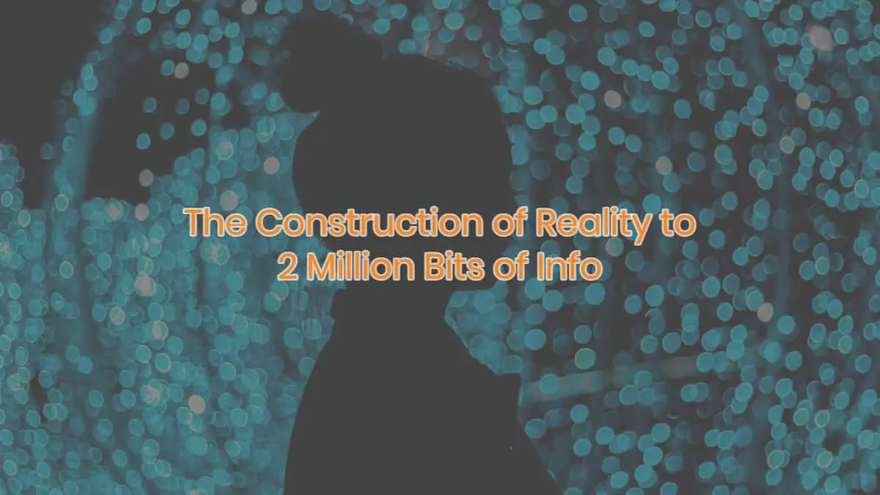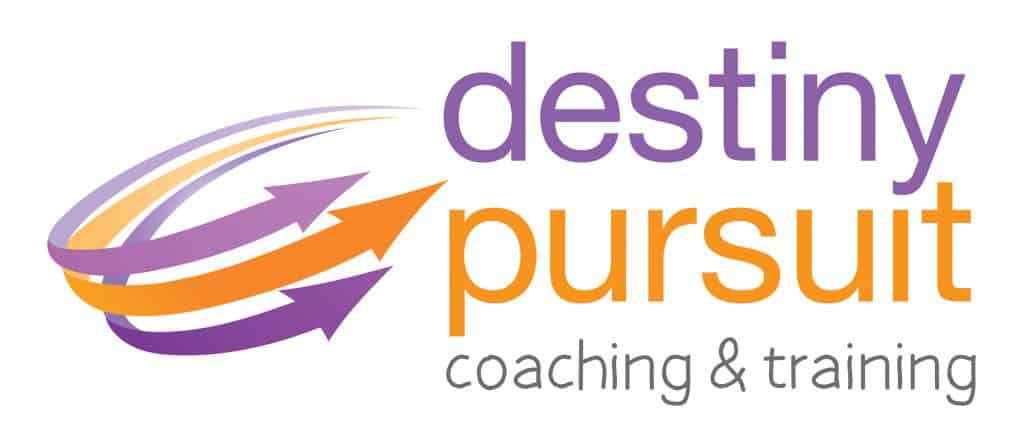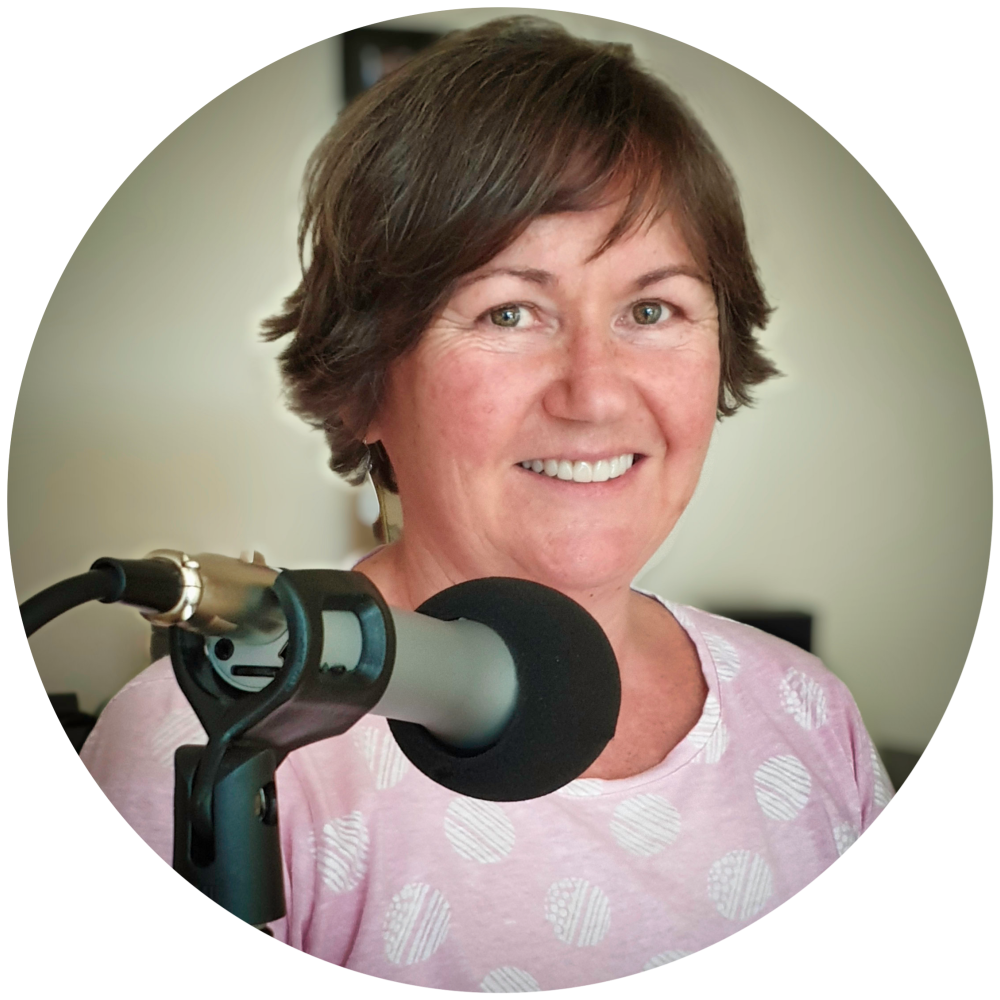The Construction of Reality to 2 Million Bits of Info - NLP Matters, Episode #038

In our last episode, we discussed how as humans, we use our senses and neurology to construct an internal version of an external reality. We also said that by definition each of these “internal representations” or “maps” are different and unique.
As humans, there’s a lot of information available to us in the external environment moment to moment. So much that it’s physically impossible for our senses to take all this information in, and because we cannot process the sheer volume of information available, we go through a process of selecting the information we do take in and the information that we filter out.
In this episode, we’re going to look in more detail at how this actually works as we explore how we construct our internal representation of the world and the process of filtering information.
Listen to the podcast to learn more.
Listen to the Podcast
Here are some key takeaways from this episode:
- The filtering process allows us to select information that we believe at an unconscious level is important to us. At a very fundamental level, we could say that our very survival depends on this filtering system working efficiently and effectively.
- The filtering process has profound implications for how we construct our experience of reality and what we make it mean.
- German Biologist and Expert in Semiotics, Jakob von Euxkull, described how humans turn physical stimuli through our senses into meaning. He importantly said it is totally unconscious. We act as if what we perceive is the reality, rather than just our perception of reality and our subsequent interpretation of it.
- Our emotions are a direct response to what we are thinking, and are not caused by external events. It is our internal representation or map that we are focused on and is built on what we filter in. It is simply a response to our own representation of external events.
- It has been estimated that humans are bombarded with about two million bits of information per second. From these 2million bits, we reduce the amount of information to process around 130 bits every second.
- It takes about 40 bits of information per second just to be able to participate and follow a casual conversation. The way we manage and reduce this information to an even manageable volume is categorising the information into “chunks”, where we group information together and then process it as though it is one thing. On average, people can process about 7 (plus or minus 2) “chunks” of information.
- According to Professor George Miller’s research in 1956, the most we can remember in a cognitive test exercise is 7 chunks. After that, our memory becomes very, very unreliable. The first five things we remember really well. Number six, we have an 80% chance of recall, and by number seven, we are dropping down to just below 70, but by eight, nine, and ten, we are really hitting rock bottom.
- Chunking information enables us to make distinct categories, and whenever we alter the structure of the categories, we have to unpack our categories and reorganize the information even though at one level it is actually the same information.
- Chunking information effectively is the secret to the success of people who are really good at memorizing information. They do it by creating chunks, and they build the chunks so that they contain a lot of information. Anything we learn, we learn by gradually building larger chunks.
With about 2 million bits of info a second, our internal representation helps us to decide what to focus on, and by chunking relevant bits of info together, we can process about 130 bits of information. It’s a super-efficient system we’ve set up, but the story of how we build our version of reality – our internal representation - gets even better! Understanding how this happens means that we can even change our experience of reality just by changing which chunk we’re going to pay attention to.
In our next episode, we’ll continue to explore the fascinating subject of the human mind as we discuss the filters we use to construct our reality.
Listen to the Podcast
Joanne Clark
Joanne Clark is an Internationally accredited Master Trainer of NLP who has been delivering NLP training since 2011. Being on her feet in front of training rooms is where Jo loves to be and her passion for inclusive and immersive training that delivers outstanding learning outcomes is apparent to everyone in her training rooms. On average Jo delivers 140 days of training per year in addition to online webinars, guest speaker events and group coaching.
“NLP is at the core of all my training and coaching, it is at the core of who I am, how I interact and connect with people. I am absolutely passionate about spreading the NLP tools across the planet as I endeavour to support Robert Dilts’s vision of Creating a world to which people want to belong.” Joanne Clark
Certified Master Trainer of NLP; Master Practitioner NLP, Hypnotherapy & Matrix Therapies; Performance Coach; Cert IV Coaching; Advanced Practitioner in Coaching; Cert IV in Business; BA(Hons); Majors in Sociology and Psychology; Parent Education Leadership Training (PELT) Certificate; Mother of four children; Private Pilot (PPL); Diploma in Life Coaching


0 comments
Leave a comment
Please log in or register to post a comment